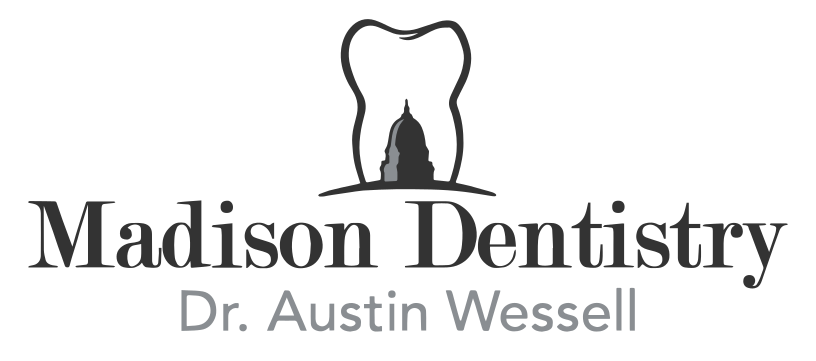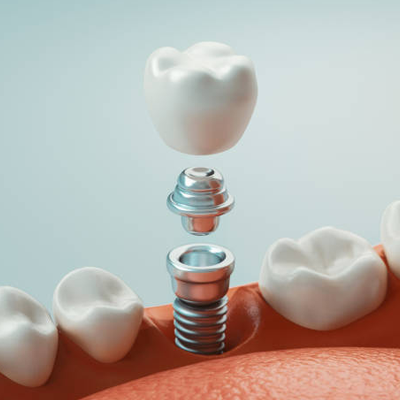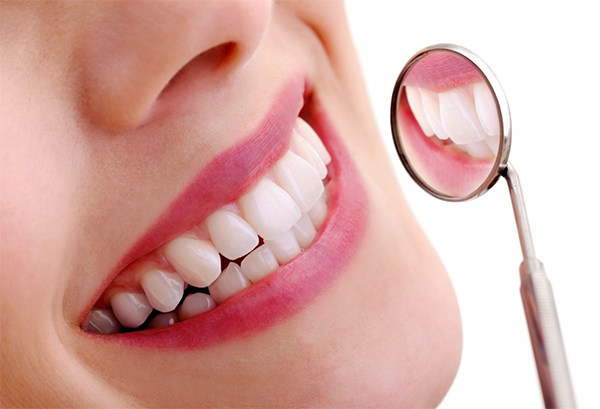
Have you been experiencing persistent tooth pain or discomfort? Do you find yourself avoiding certain foods or activities due to dental issues? It may be time to consider full mouth rehabilitation. While the idea of extensive dental treatment can seem daunting, it is often necessary for those with serious oral health concerns. In this blog post, we will explore what full mouth rehabilitation entails and help you determine if it is the right course of action for your dental needs. Read on to discover the signs that indicate when full mouth rehabilitation should be considered.
What Is Full Mouth Rehabilitation?
Full mouth rehabilitation is an extensive dental procedure that involves the restoration of multiple teeth in both upper and lower jaws. It is not a single procedure but rather a combination of many procedures designed to address various dental problems, including missing or damaged teeth, gum disease, bite issues, and others.
The process starts with a comprehensive evaluation to determine the patient’s specific needs before developing a customized treatment plan. This may include restorative treatments like implants, bridges, crowns, or veneers as well as periodontal therapy for gum disease.
The goal of full mouth rehabilitation is not just to improve aesthetics but also functionality which can have significant benefits for overall health and quality of life. When performed by an experienced dentist, it can restore proper biting and chewing function allowing patients to eat comfortably again.
It’s important to note that full mouth rehabilitation requires a time commitment from patients as it often takes several appointments over weeks or even months depending on individual cases. The overall cost will also vary depending on the extent of work needed.
In summary, Full Mouth Rehabilitation addresses multiple dental conditions using tailored treatments designed to improve functionality while enhancing aesthetic appeal.
When Is Full Mouth Rehabilitation Needed?
Full mouth rehabilitation is a complex dental treatment that involves restoring or rebuilding all the teeth in both the upper and lower jaws. This extensive procedure may be necessary for several reasons, such as accidents, injuries, tooth decay, gum disease, and aging.
One of the most common reasons for full mouth rehabilitation is severe tooth loss due to decay or trauma. In this case, restoration work can involve implants or dentures to replace missing teeth and improve chewing ability.
Another reason for full mouth rehabilitation is worn down teeth caused by bruxism (teeth grinding). Patients with bruxism often experience pain and sensitivity in their teeth, which can lead to further dental problems if left untreated.
Additionally, patients suffering from advanced stages of periodontal disease may require full mouth rehabilitation. Gum disease can cause bone loss in the jawbone over time leading to loose or shifting teeth that need replacement.
Full Mouth Rehabilitation isn’t just about improving your smile but also helping you regain proper oral function while reducing discomfort and chronic pain. If you’re experiencing any of these issues mentioned above then it’s best to schedule an appointment with your dentist immediately!
Who Is The Perfect Candidate For The Procedure
Full mouth rehabilitation is an extensive dental treatment that aims to restore the function, health, and aesthetic appearance of a patient’s teeth. While it may sound like a procedure meant for everyone, not all patients are suitable candidates for this kind of treatment.
The perfect candidate for full-mouth rehabilitation is someone who has multiple oral health issues that cannot be solved with individual treatments alone. This means people who have experienced tooth loss due to decay or other reasons, jaw problems such as TMJ disorder, gum disease, or damaged teeth caused by injury or wear and tear.
Additionally, patients who suffer from chronic conditions like acid reflux or bruxism (teeth grinding) may benefit from full mouth rehabilitation. A comprehensive evaluation with your dentist can help determine if you need this type of dental work.
It’s important to note that full mouth reconstruction isn’t always a one-size-fits-all solution. Each patient undergoes a thorough assessment so their unique needs can be met through personalized treatment plans tailored specifically to them.
In summary, anyone with complex oral health problems can qualify for full mouth restoration therapy after careful examination by qualified experts in restorative dentistry.
Extensive Restorative Work
Extensive restorative work is a major component of full-mouth rehabilitation. This type of dental treatment involves repairing and restoring damaged or missing teeth that have been affected by tooth decay, gum disease, trauma, or other oral health issues.
One common example of extensive restorative work is the placement of dental implants. Dental implants are artificial tooth roots that are placed in the jawbone to support replacement teeth. This procedure can help restore bite function and prevent further damage to surrounding teeth.
Another form of extensive restorative work is full-coverage crowns or bridges. These prosthetics cover all visible surfaces of the affected teeth to provide additional strength and protection against further damage.
In some cases, patients may need a combination of different types of restorative treatments such as fillings, root canal therapy, and periodontal treatment to address their specific oral health needs.
It’s important for patients who require extensive restorative work to consult with an experienced dentist who specializes in full mouth rehabilitation. With proper planning and execution, these treatments can help restore your smile and improve your overall oral health.
Bottom Line
Full mouth rehabilitation is a comprehensive dental treatment that can help individuals regain their oral health and improve the functionality of their teeth. If you are experiencing any of the signs mentioned in this article, it may be time to consider full mouth rehabilitation.
It’s important to consult with your dentist to determine if you’re an ideal candidate for this procedure and discuss all available options. Remember that every case is unique, and a personalized treatment plan will provide the best results.
By addressing extensive dental issues early on, you can prevent further damage from occurring and increase your chances of successful restoration. So don’t hesitate to seek professional advice when it comes to improving your oral health and achieving a beautiful smile.









